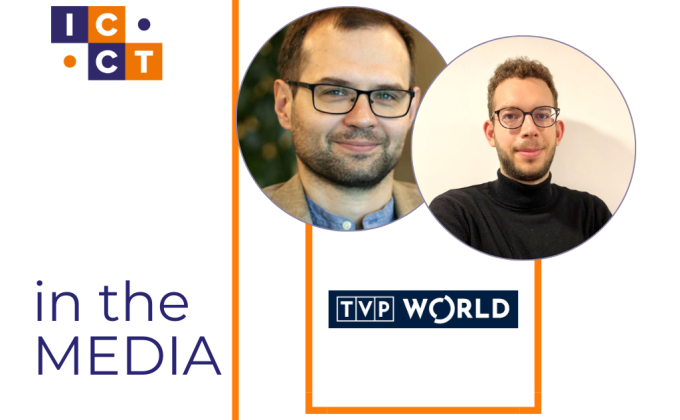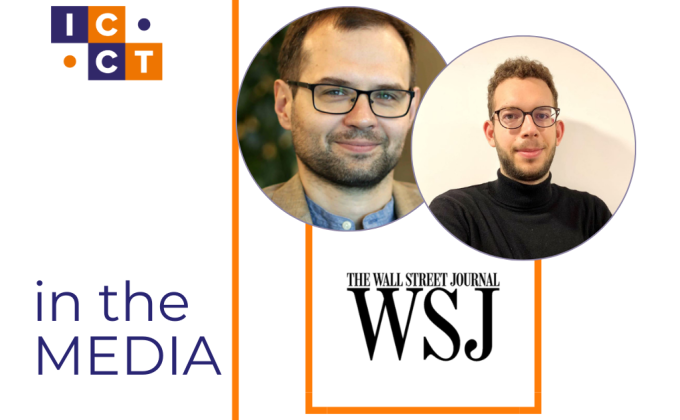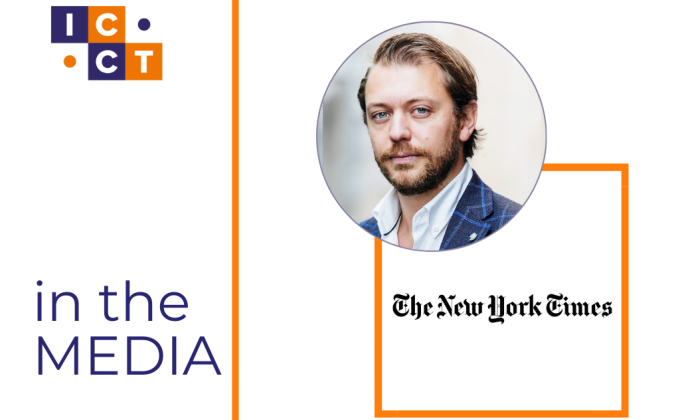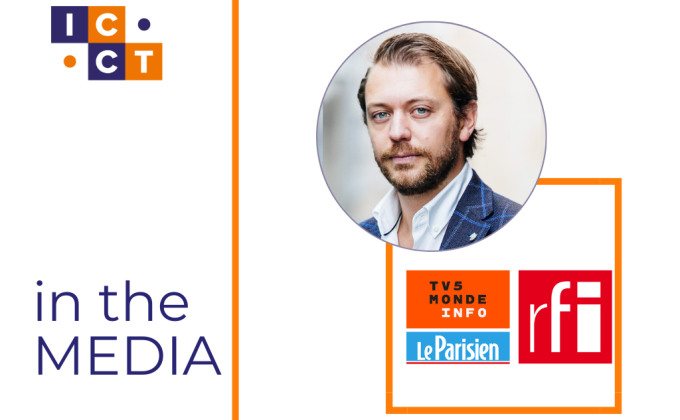On Wednesday, 1st of November 2023, Thomas Renard was interviewed by To Bhma, a Greek weekly newspaper, where he analysed the dimensions that radicalisation through the internet has taken over the years.
"In 2023, if someone has many contacts on the internet, it does not mean they are alone because they are in a real relationship, like a physical one. So one could have contact with someone from a terrorist organisation who provides recommendations, instructions even to help them gain access to weapons and so on," he commented.
“Most people in Europe who have been radicalised and joined a terrorist organisation or committed a terrorist attack have not been radicalised through mosques, but mainly through their friends, classmates, neighbours, youth friends, online and also sometimes but at a lower level, in prison. In most European countries, radicalisation through imams and mosques is not evident. I'm not saying it doesn't happen, but it's far from being the main factor in radicalisation."
“Both the Islamic State and al-Qaeda benefit from certain safe havens, like a safe space where they can reorganise and contain themselves. It is not yet similar to the caliphate period between 2014 and 2019. Because then what happened is that ISIS controlled a vast area, and it was very close to Europe. This meant it was very easy for Europeans to travel from Europe to Syria," underlined Thomas, adding that "it is not so easy to travel between Europe and Syria today."
Read the full interview (in Greek):




